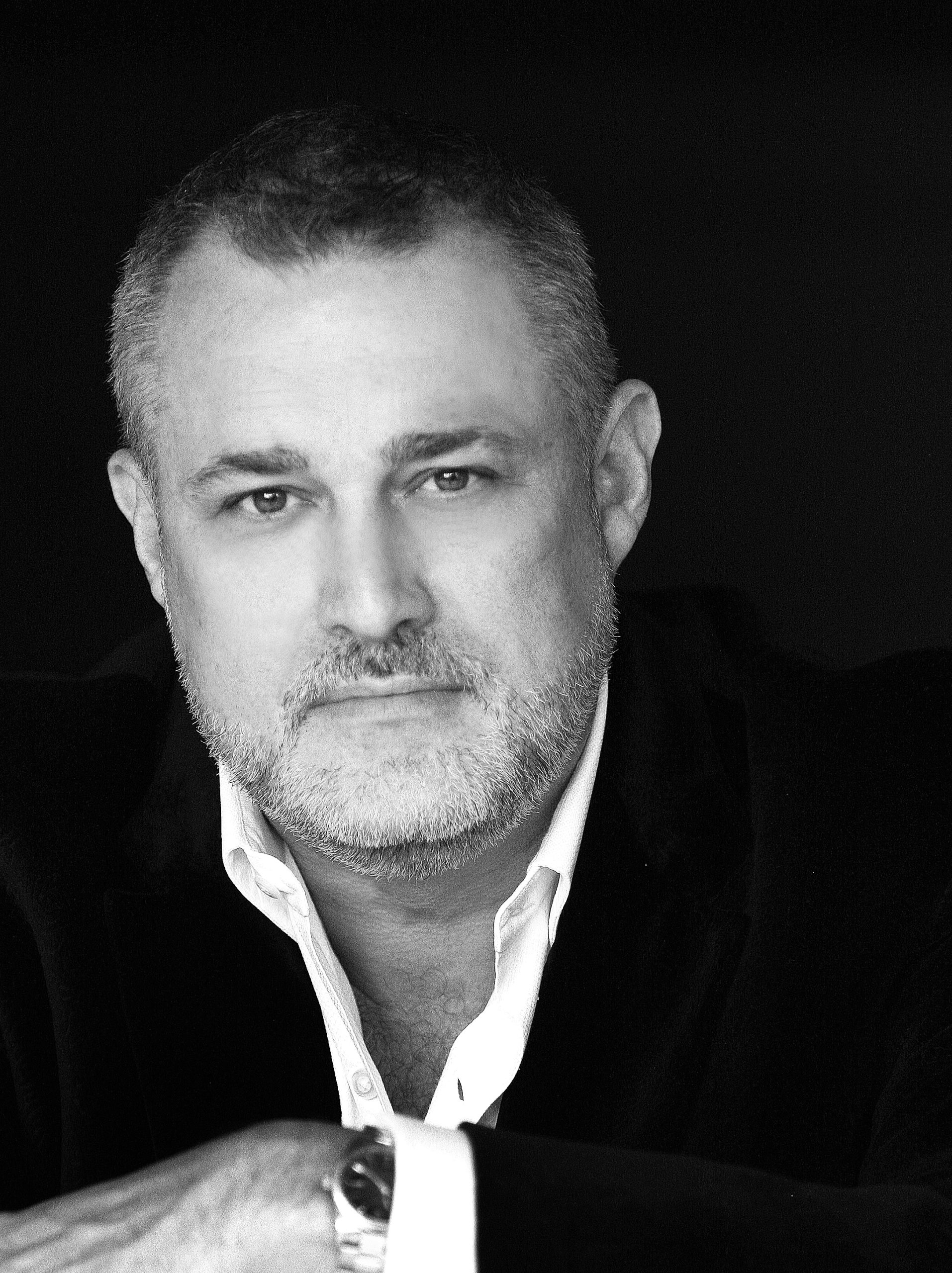
Training Your Mind for Success
I recently interviewed Dr. Michael Gervais, a high-performance psychologist who works with everyone from Olympians to Fortune 100 CEOs. Dr. Gervais was a special guest during the C-Suite Network Digital Discussion titled, Power Thinking & Peak Performance: What Athletes, Musical Prodigies & CEOs Have in Common.
(Questions and answers edited for clarity)
Jeffrey Hayzlett: Let me ask this question. I can drink Scotch and get up in the morning. I can actually drink Scotch right before my podcast and probably do the podcast. I’m just joking about that. Nonetheless, I can still go perform. Isn’t it also about finding that talent that matches your skillset, or develop the skill set with the talent to do that you can really excel above other people?
Dr. Michael Gervais: There’s a tripwire here that we’re playing with, and that tripwire is how am I defining high performance and how am I defining success in life. If you happen to be 6’8″, 42″ vertical, big brain but you don’t like shooting the basketball. So, you’re built like Lebron James, but you don’t like it, at some point that’s going to become problematic. I think as a sense of fulfillment in life. I would suggest, based on my understanding of being around world-class world leaders. Is that the best of the best, there is a love for getting better in the thing that they’re trying to get better at. It’s an unlocking, and without unlocking we can become absorbed in the nuances of the craft, and that really is the path of mastery.
So, there are some nuances here to pay attention to. Do you just want to do what you’re good at, or do you want to have a sense of fulfillment and purpose in life?
If you can figure that out and sort that out and then layer on top of it, what you like getting better at there’s something really important. Now, that being said, if you want to be the number one best in the world. That’s an interesting framework because what I’ve noticed is that there’s two approaches: to be the best or to be your best. There is a cost and benefit analysis to do for both of them. And what I’m seeing right now across multiple sports and multiple domains of performance is that, again, the tip of the arrow or decoupling, what they do from who they are.
So many of us have swallowed this idea that I am what I do. Why else would your heart thump like it was a survival mechanism as you go on stage for a keynote? Why would that be? Because you have fused what you do with who you are, and the great fear in modern times is not the saber-tooth (tiger). It is what other people think of us.
We call that FOPO: fear of people’s opinions, as one of the great constructors for human potential.
I shared this mechanism with you because I think that we’ve got to sort out, how do you want to live your life? Do you want to be the best or your best and understand the costs and benefits of both? And if you can pull apart that doing from the being.
It’s a big deal now, and the best in the world are saying, “Okay, here’s what I’m trying to do. I’m trying to be more rather than do more. I’m trying to be more grounded, more authentic, more present, more creative, more expressive, more talented. Be more here.”
Now for other people, because no one does the extraordinary alone. Jeff, as you would recognize, it’s too complicated too big and then so from that state of being. They let the doing flow. From there, the output is tenfold.
Jeffrey Hayzlett: It sounds so much to being in mindfulness practice, or is it the same? Is that part of this now?
Michael Gervais: Okay, so the short answer is yes. We’ve built a model that has five main pillars and I want to explain how mindfulness sits in there.
The first pillar is self-discovery. Get to know who you are. Investigate the darker areas of who you are and really understand what makes you work. What are you afraid of? What are your strengths and assets? What are your guiding principles?
I mean, that’s a really big question. What are the principles that will help guide your thoughts, your words, and your actions? And I’ll tell you what when people know that with great certainty. Nobody can take that away from you, that’s a very powerful place to be.
The second pillar is mental skills.
It’s a skill to know how to become confident. It’s a skill to know how to become calm and intense in the same moment. It’s a skill to know how to focus in the present moment.
Number three is psychological framework. We found that optimism is at the center of mental toughness.
So, optimism is the general belief that the future is going to work out. So, when you’re getting kicked in the stomach or punched in the mouth, metaphorically or in actuality, this fundamental belief that you know what it’s going to work. Let’s stay. Let’s keep going. Let’s grind. Let’s go. That is optimism.
But you know what? If left untrained, the brain will win, and the brain wants you to play it safe and small, and that is a psychological framework for Pessimism and cynicism.
And Jeff, I haven’t met a world leader in a discipline that is a pessimist. So, the opposite of that is optimism, and that’s a trainable skill.
The fourth is recovery, and the fifth is mindfulness.
The practice of mindfulness is the golden thread that runs through any psychological dynamic, progressive growth arc.
If you ask the best in the world. How important is the mental part of the game in any discipline, They nod and say, “yeah.” It’s a separator now. Mindfulness is the golden thread that runs through it.
If you’d like to hear the entire interview, listen here. Events like these is what make the C-Suite Network a trusted source to connect and collaborate with some of the best and brightest minds in business. Learn more about the C-Suite Network here.
- Break Free From Founder Dependence: Strategies for Business Success? - June 14, 2023
- The Gentle Leader’s Playbook: Mastering Employee Performance Without Being a Jerk - June 14, 2023
- Leading Through Future Uncertainty - June 7, 2023






